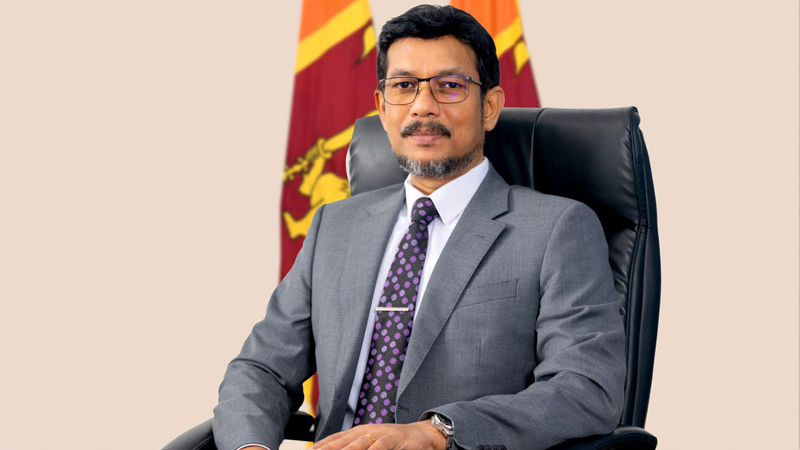Sri Lanka’s forthcoming digital ID project will ensure that no Indian personnel will have access to the country’s biometric data after the system is operational, Deputy Minister of Digital Economy, Eranga Weeraratne said in a recent statement. This comes amid concerns raised over the involvement of an Indian company in developing the system.
Weeraratne said that negotiations for the project had been going on with the Indian Government during the tenure of the previous Ranil Wickremesinghe administration. However, the deal under consideration at the time raised significant concerns, particularly with clauses that would have permitted the Indian company developing the software to access Sri Lankan biometric data for two years after the system went live.
“We made it clear to the Indian side that, while we have no objection to an Indian company developing the software, neither the company nor Indian personnel would have any further involvement when the system is live,” Weeraratne said, adding “India will have no access to our data.”
Weeraratne said that the Sri Lanka Computer Emergency Readiness Team (SLCERT) and other local experts will conduct a thorough security audit to safeguard against unauthorised access or data leaks to ensure the integrity of the system.
“We will begin entering data only when we are certain the system is secure and free from backdoors,” he said.
The Deputy Minister also said that biometric data, including fingerprints, iris scans, and facial recognition, will be collected and stored solely by the Sri Lankan Government. This, he said, would help prevent various fraudulent activities, such as the forgery of identification documents.
While the Department for Registration of Persons already uses a digital system to verify identification documents, Weeraratne highlighted the need to streamline the process further to eliminate human error and enhance reliability. The new digital ID system is expected to improve the efficiency of this process while ensuring robust data security.









